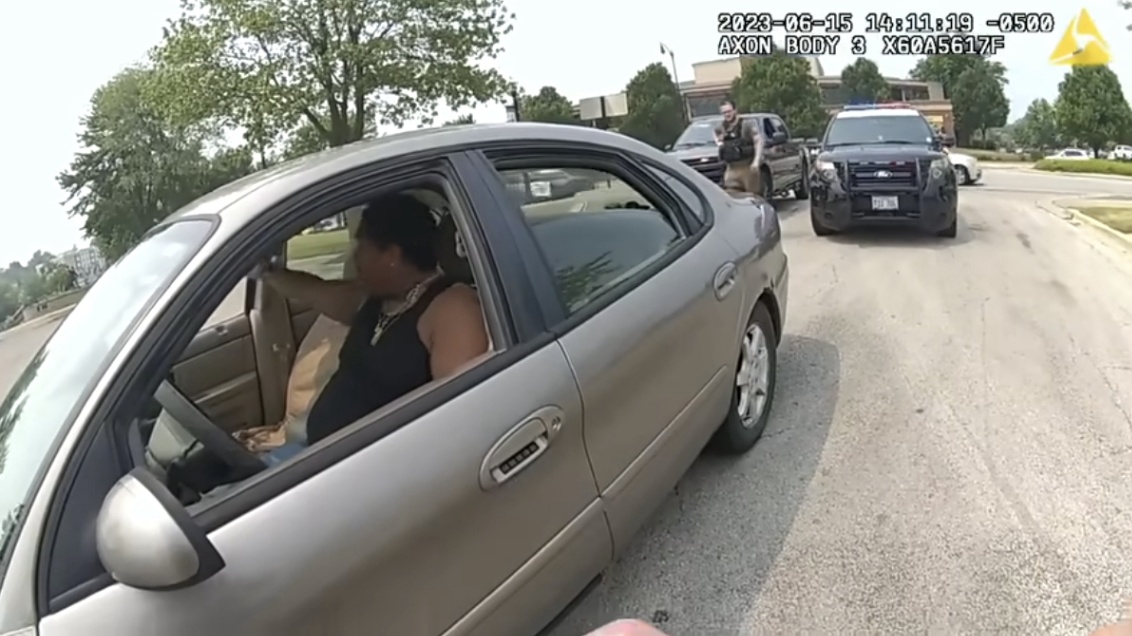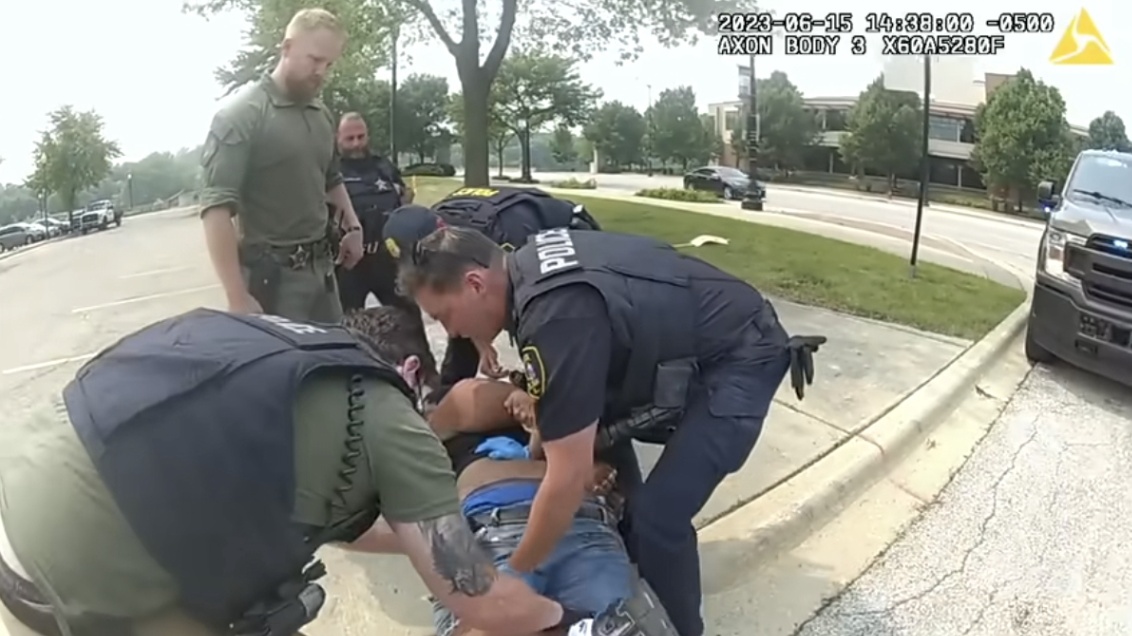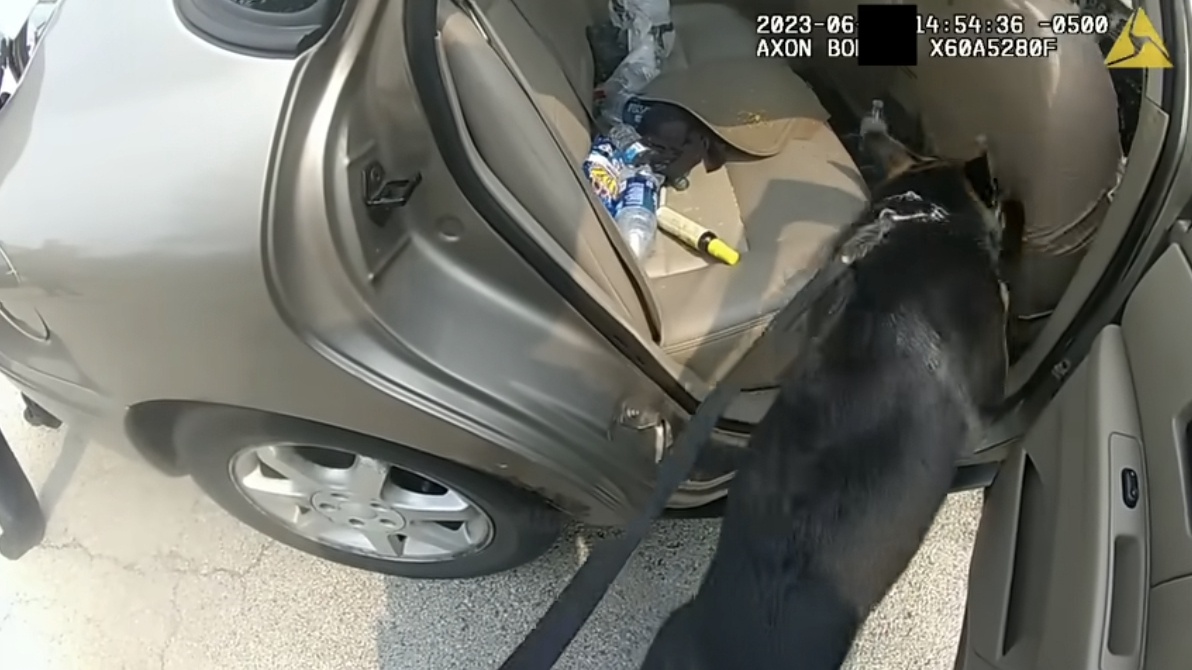In a tense altercation on a bustling street corner, law enforcement officials recently apprehended a street-level drug dealer who lost his temper when caught with his illicit product. The incident, emblematic of the ongoing battle against drug trafficking in urban areas, shed light on the volatile nature of such confrontations.
The scene unfolded when plainclothes officers, acting on a tip-off, approached the suspect as he conducted a transaction with a potential buyer. Upon discovering the illegal substances in his possession, the dealer’s demeanor quickly shifted from composed to confrontational.

Witnesses recounted how the suspect grew increasingly agitated, hurling expletives and resisting arrest as officers attempted to restrain him. The altercation escalated as bystanders looked on, with tensions running high amidst the chaotic scene.
Ultimately, the suspect was subdued and taken into custody, his outburst serving as a stark reminder of the risks inherent in confronting individuals involved in illegal activities. The incident also underscored the challenges faced by law enforcement officers tasked with enforcing drug laws in communities grappling with substance abuse issues.

In the aftermath of the arrest, community leaders have called for greater support for initiatives aimed at addressing the root causes of drug addiction and reducing demand for illicit substances. Investment in rehabilitation programs, mental health services, and community outreach efforts are seen as crucial components of a comprehensive approach to tackling the drug epidemic.
Furthermore, the incident highlights the need for enhanced training and resources for law enforcement personnel tasked with confronting drug-related crime. De-escalation techniques and conflict resolution skills can play a vital role in diffusing potentially volatile situations and minimizing the risk of violence.

As the dust settles on this dramatic confrontation, it serves as a sobering reminder of the complex and multifaceted nature of the drug problem. By addressing the underlying issues driving drug-related crime and supporting law enforcement efforts to combat illicit drug trafficking, communities can work together to create safer and healthier environments for all residents.